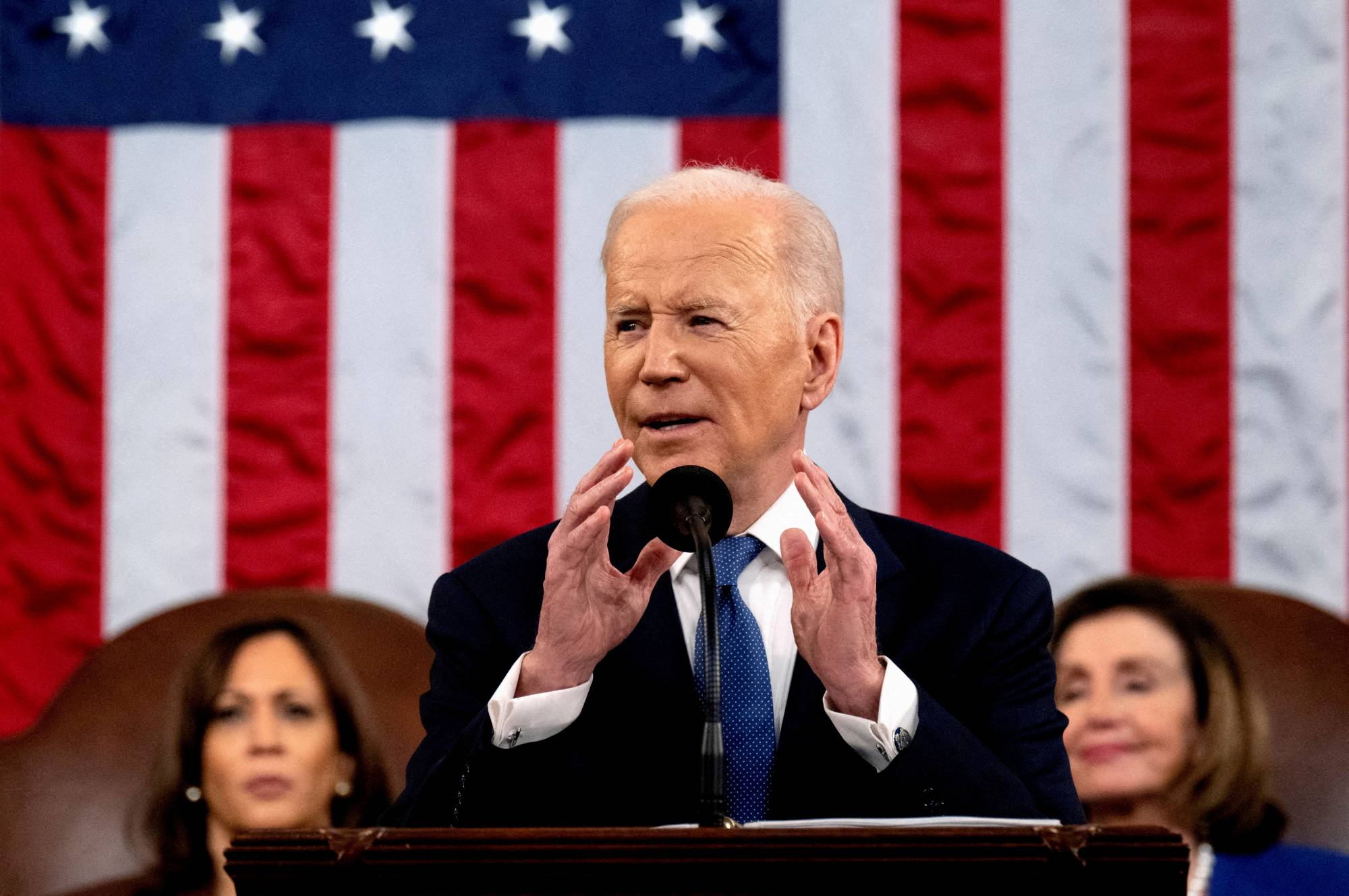The State of the Union, more than any other U.S. presidential address, is a heavily negotiated speech. Presidents are always speaking to multiple audiences, but never more than when they fulfill their constitutional obligation to "give to the Congress Information of the State of the Union.”
World events frequently force the president to address an international audience. Party actors and interest groups fight to get mentions of their causes, as do those within the administration who are fighting for success on Capitol Hill or in the bureaucracy. Members of Congress want their issues mentioned, too, and congressional leaders or White House legislative staffers might support making those members happy to secure their support for unrelated matters.
Political aides and pollsters want the president to focus on popular achievements and proposals. Then there are the policy areas that pundits and newspaper editorial writers consider important; skip any mention of them, and the speech may get bad reviews. And there are the White House speechwriters, who want the whole thing to sound good, to have a theme, and to have memorable lines.



















With your current subscription plan you can comment on stories. However, before writing your first comment, please create a display name in the Profile section of your subscriber account page.